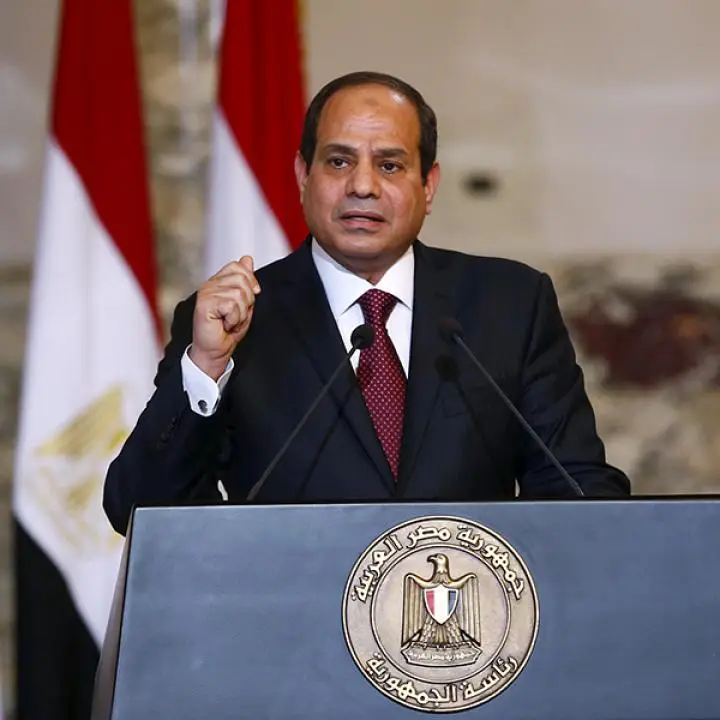China’s expanding role in Egypt now goes far beyond trade and infrastructure.
While Beijing’s investments and development projects are welcomed by many Egyptians, Mohamed Farid and Mohamed Maher warn that this growing influence could pose long-term risks to Egypt’s national security, data privacy, and its strategic relationship with the United States.
From landmark infrastructure investments and cultural outreach to political engagement and telecommunications, Chinese influence has become embedded in Egypt’s economic and political landscape. The authors argue that without a balanced foreign policy approach, Egypt could find itself overdependent on Beijing, limiting its ability to hedge between global powers and potentially undermining its key international partnerships.
Key Points
- Deep Historical Ties
- Egypt was the first Arab and African nation to establish diplomatic relations with the People’s Republic of China in 1956.
- Both countries cooperated during the non-alignment movement and have maintained close ties under successive Egyptian governments.
- Since the launch of the Belt and Road Initiative (BRI) in 2013, EgyptChina relations have accelerated through a 2014 strategic partnership agreement.
- Economic Expansion
- Chinese investment in Egypt grew 317% (2017–2022), while U.S. investment fell by 31%.
- China is now Egypt’s largest trading partner for eight consecutive years.
- Major projects include the Iconic Tower in the New Administrative Capital, built by China State Construction Engineering Corporation for $3 billion.
- China’s share of Egypt’s imports reached 10.1% (about $2 billion), far exceeding the U.S. share.
- Soft Power and Political Influence
- Chinese state media narratives are amplified in Egyptian outlets, often avoiding sensitive issues like Uyghur human rights abuses.
- Cultural institutions like the Confucius Institute at Cairo University promote Chinese language and culture.
- Training programs for Egyptian officials — over 4,000 participants in 1,100 programs in recent years — embed Chinese systems and practices in governance.
- Chinese diplomats and CCP officials maintain regular contact with a wide spectrum of Egyptian political parties.
- Hidden Strategic Risks
- Chinese companies have quietly become embedded in Egypt’s telecommunications infrastructure, including Huawei, ZTE, Dahua, and Hikvision.
- These firms are linked to global surveillance networks, raising concerns about data privacy and cybersecurity.
- Beijing’s support for Ethiopia’s Grand Ethiopian Renaissance Dam (GERD) — including $3 billion in related infrastructure — is rarely discussed in Egyptian media, despite its direct impact on Egypt’s water security.
- Impact on Egypt–U.S. Relations
- China’s growing role risks undermining Egypt’s special partnership with the United States.
- Washington has already voiced concerns over Egyptian cooperation with Chinese 5G technology providers.
- Egypt’s non-committal stance on Russia’s war in Ukraine may foreshadow a similar position in the event of a Chinese move on Taiwan, complicating U.S. diplomatic efforts.
Core Values & Themes
- Balanced diplomacy between global powers to protect sovereignty.
- Caution against over-dependence on any single partner.
- Awareness of hidden costs in infrastructure, technology, and political alignment.
- Preservation of Egypt’s strategic flexibility in international relations.

